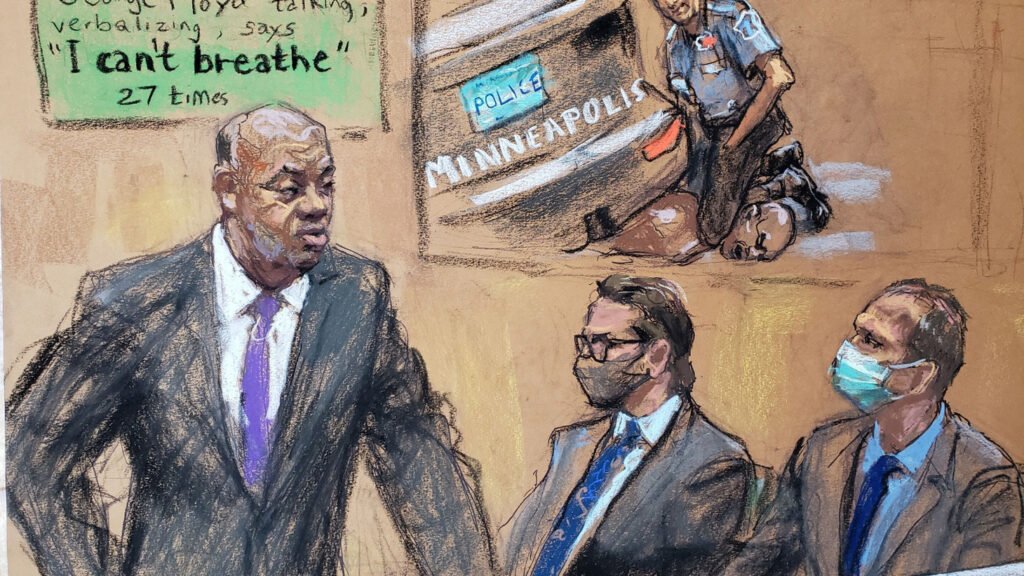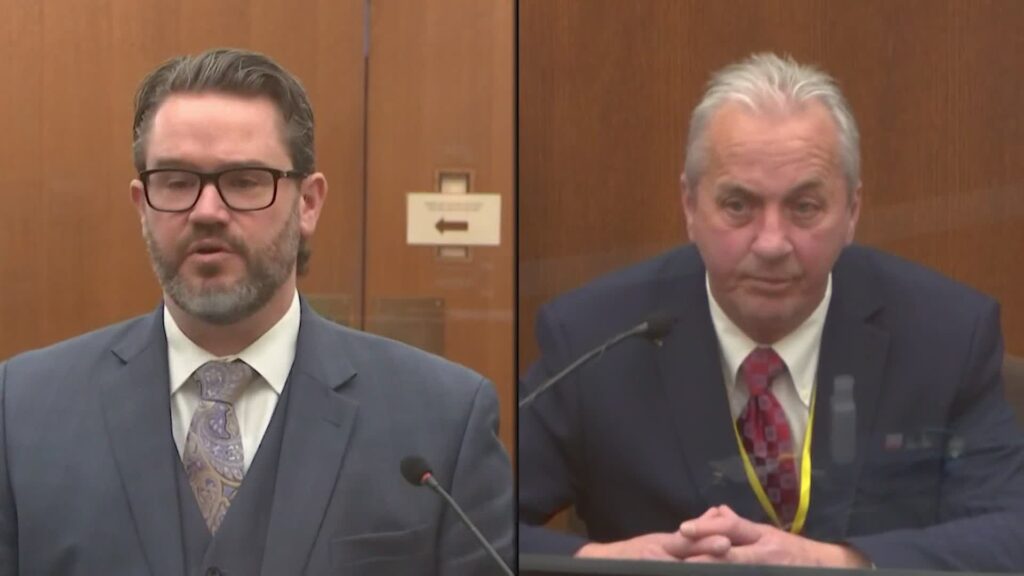Justin M. Howard | April 6, 2021
Former Minneapolis police officer Derek Chauvin is being charged for the death of George Floyd. It’s day 6 of the trial, and so far, several witnesses have testified against Chauvin. Paramedics, chief officers, a 911 dispatcher, and additional bystanders all claim that what they experienced on May 25, 2020, was either a ‘violation of police protocol’ or murder. Paramedics indicated that at a some point, Chauvin’s knee was on George Floyd’s shoulder blade or upper back, not his neck. Police bodycam supports most of the testimony, but what happened once George Floyd was on the ground? Is a Derek Chauvin conviction imminent? Here are 4 reasons why we believe so.
The Charges Support the Prosecution’s Case
The prosecution told the jury on March 29 that Chauvin used excessive force that led to the death of George Floyd. Chauvin now faces three charges: second-degree unintentional murder, third-degree murder, and second-degree manslaughter. For a conviction the prosecution has to prove ‘beyond a reasonable doubt that Chauvin used force against police protocol, resulting in major bodily harm without the intent of causing death.

Photo by REUTERS/Jane Rosenberg – Derek Chauvin Conviction Is Imminent For 4 Reasons
Emergency Staff Testimony Elevates Chance of Conviction
In opening statements, Defense Attorney Eric Nelson argued that George Floyd caused his death by swallowing drugs in an attempt to hide them from officers. According to Nelson, George Floyd was suffering from a drug overdose which compromised his breathing. Nelson’s summary of what lead up to Floyd’s arrest is factual and supported by the autopsy. However, the conclusion that George Floyd would have died from the overdose is solely opinion. ER Doctor, Bradford Wankhede Langenfeld, who treated George Floyd, testified that an overdose reversal treatment could’ve saved Mr. Floyd. He added that a lack of oxygen was the most likely cause of Mr. Floyd’s death based on the evidence gathered that night. “I felt that at the time, based on the information that I had, it was more likely than the other possibilities.”
No Medical Aid Used by Derek Chauvin
Seth Bravinder, a paramedic who arrived on the scene, testified that when he arrived Chauvin’s knee was still placed on George Floyd. He also said he saw no signs that Floyd was breathing or moving, and it appeared he was in cardiac arrest. A second paramedic, Derek Smith, testified that he checked for a pulse and couldn’t detect one: “I thought he was dead.” He also stated: “Any lay person can do chest compressions … There is no reason Minneapolis police couldn’t have started chest compressions.” Lt. Richard Zimmerman, Minneapolis homicide detective and Police Chief Medaria Arradondo both testified that officers are trained to give basic medical care. Hands only CPR nor a pulse check was conducted on George Floyd despite training and multiple witnesses telling officers to do so.

Derek Chauvin Use Of Unnecessary Restraint in the ‘Prone Position’
Five officers have testified that Chauvin violated protocol by putting his knee on Floyds neck after he was handcuffed on the ground. Lt. Zimmerman stated in his testimony: “If your knee is on a person’s neck, that can kill him,” adding that when a person is handcuffed in the prone position, “your muscles are pulling back … and if you’re laying on your chest, that’s constricting your breathing even more.” He added that Chauvin’s knee on Floyd’s neck was “totally unnecessary” and “just uncalled for.”
Sgt David Ploeger, Chauvin’s supervisor, arrived shortly after Floyd was taken away by ambulance. Ploeger testified that the prone position (placing a knee on one’s neck) is protocol but unnecessary when a suspect is handcuffed. Failing to turn the suspect over on their side can cause “positional asphyxia”. He added: “If they are left on their chest or stomachs for too long, their breathing can be compromised”. “When Mr. Floyd was no longer offering up any resistance to the officers, they could have ended the restraint.”
